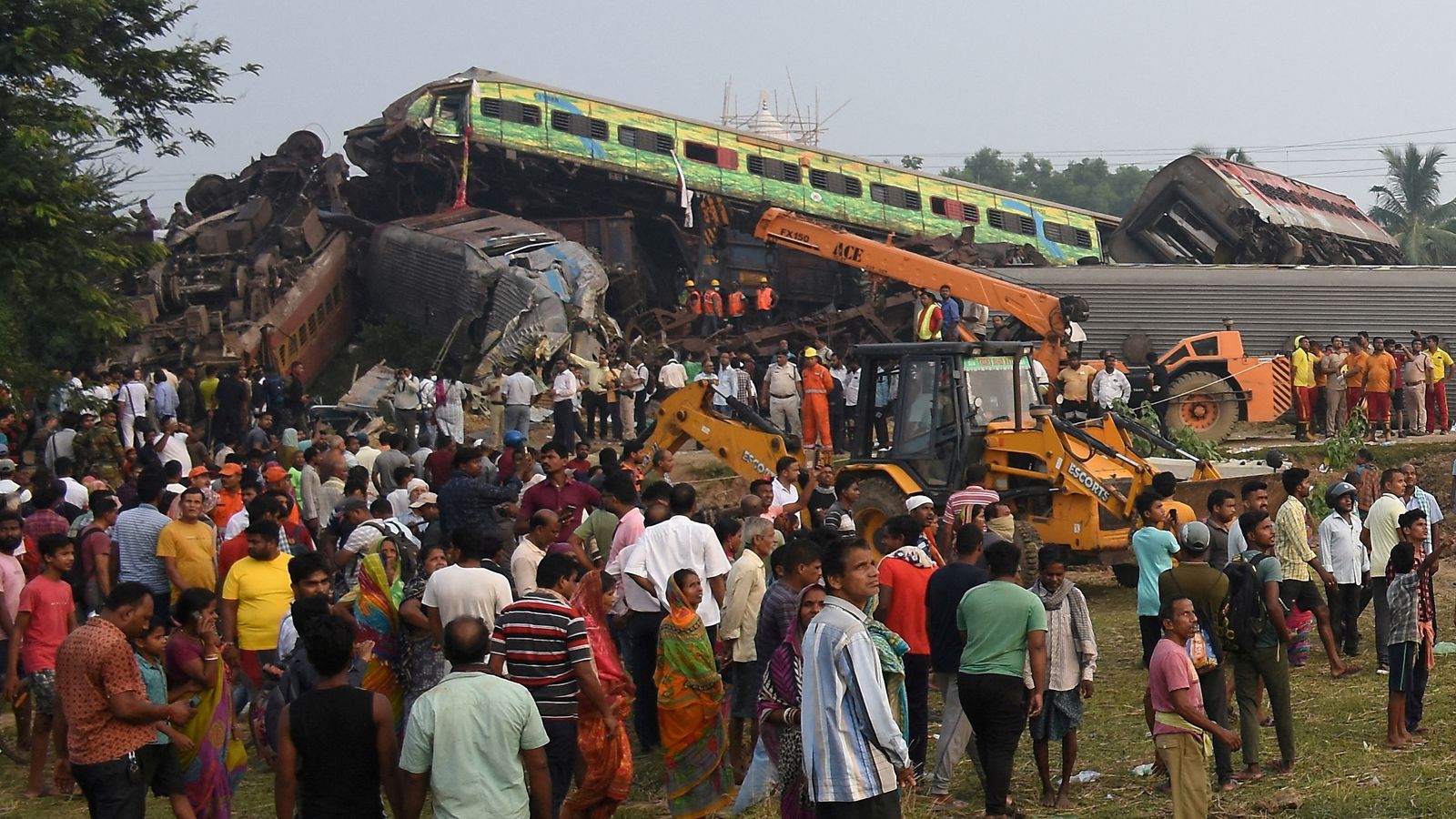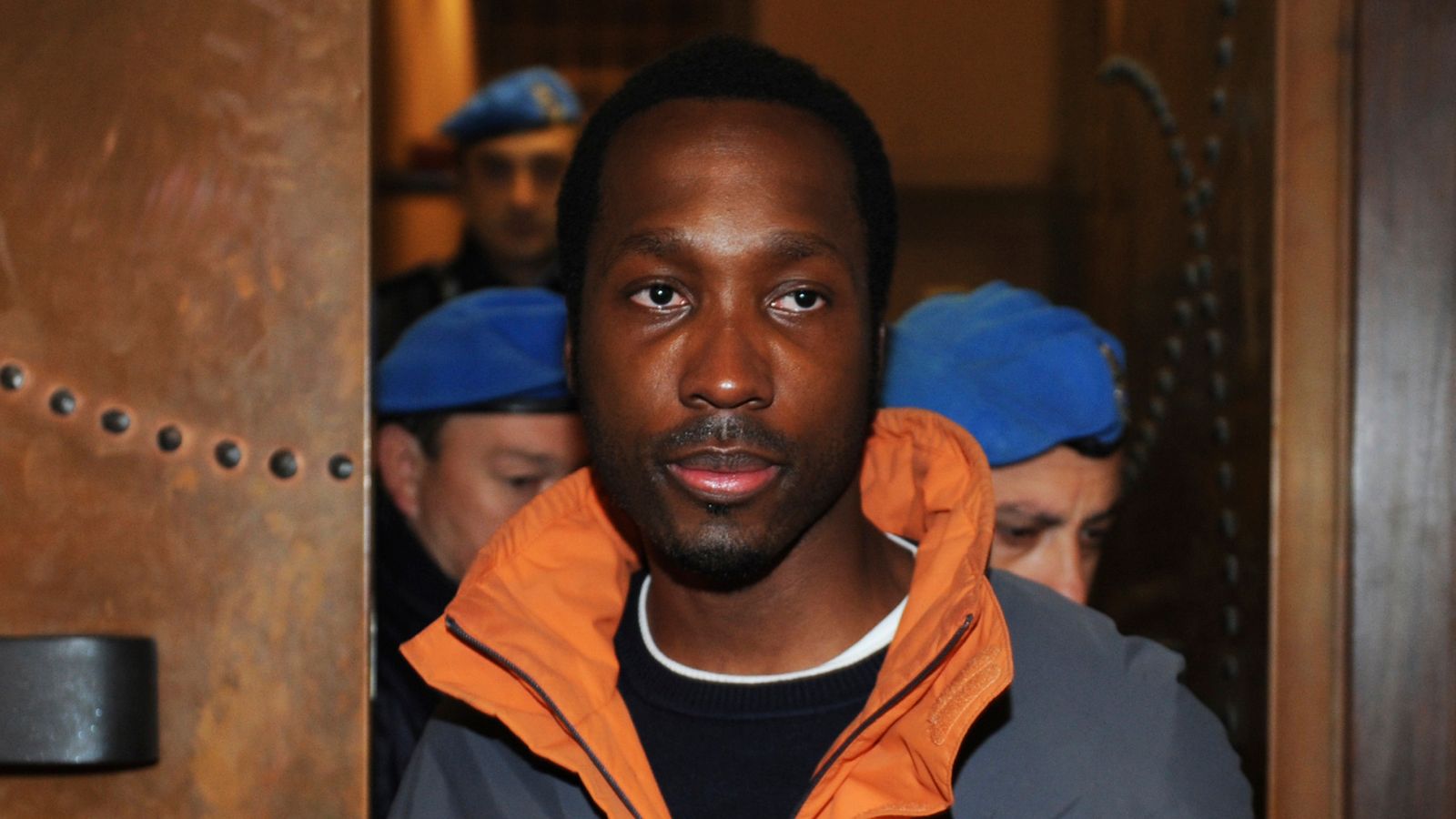India’s deadly rail crash was likely caused by a signalling failure that resulted in a train wrongly changing tracks, the country’s railway minister has said.
Ashwini Vaishnaw said there had been an error with the “electronic interlocking” – a system that manages the tracks and signal sequencing using sensors and feedback.
“Whoever did it and how it happened will be found out after proper investigation,” he added.
At least 275 people died in the accident and nearly 1,200 more were injured.
The death toll had been higher but was revised down after officials found some bodies were counted twice.
Authorities finished rescue operations on Sunday and worked to clear the wreckage of the two passenger trains that derailed on Friday night in Balasore district in Odisha state.
More than 1,000 people were involved in the rescue.
Jaya Verma Sinha, a senior railway official, said the preliminary investigation found that a signal was given to the high-speed Coromandel Express to run on the main track but the signal later changed.
The train instead entered an adjacent loop line – a side track used to park trains – where it rammed into a freight loaded with iron ore.
The collision flipped Coromandel Express’s coaches onto another track, causing the incoming Yesvantpur-Howrah Express from the opposite side also to derail, she said.
Ms Verma Sinha added that the passenger trains, carrying 2,296 people, were not speeding.
“The system is 99.9% error free. But 0.1% chances are always there for an error,” she said.
When asked whether the crash could be a case of sabotage, she said “nothing is ruled out”.
Families of those killed will receive one million rupees (£9,750) in compensation, while the seriously injured will get 200,000 rupees (£1,950), with 50,000 rupees (£487) for minor injuries, Mr Vaishnaw said on Saturday.
Prime Minister Rishi Sunak, President Joe Biden, Canadian Prime Minister Justin Trudeau and French President Emmanuel Macron have expressed condolences.
The crash comes as Mr Modi has tried to modernise the British colonial-era railway network in India – the world’s most populous country with 1.42 billion people.
Read more: How safe is India’s rail network?
Despite efforts to improve safety, several hundred accidents occur every year. Most are blamed on human error or outdated signalling equipment.
The Balasore crash is one of the country’s deadliest rail disasters in decades.
In 1995, two trains collided near New Delhi, killing 358 people. In 2016, a passenger train slid off the tracks between the cities of Indore and Patna, killing 146 people.
About 22 million people travel on 14,000 trains across India every day.












